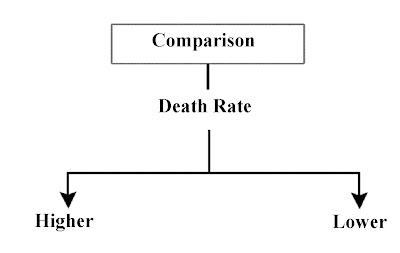Love and affection
I was absent for this lesson but Alhamdulillah I have got the notes from another sister.
The question was posed “How do we feel when someone expresses love & affection towards us?” These were some of the responses:
• Happy
• Needed
• Overwhelmed
• Warm
• Good
• Valued
• Guilty
• Emotional
• Wanted
Some mothers bond straight away with their children whilst others may take longer, however one thing is agreed that all mothers have selflessness towards their child. We only need to look at our mother’s love towards us or how much we love our own children to see that selflessness.
Then when we know that Allah’s mercy towards His creation is much greater than the mothers love for her child, we can put into perspective that Allah is the MOST merciful.
Psychologists define love into three categories. The first type of love is soft love. This is a type of love which is overwhelming to show children our concern. The second type of love is firm love. Due to the mothers love for her child, she is firm as she desires what is best for the child. The third type of love is damaging love. This is having only soft love and becoming a passive parent (i.e. ignoring the negative aspects the child possesses).
So why is love and affection important? It is important because RasullAllah (SAW) encouraged parents to kiss their children. When a man saw RasullAllah (SAW) kiss Hasan, he commented “I have 10 children, but I have never kissed any of them”. RasullAllah (SAW) replied “What can I do if Allah removed mercy from your heart”.
The prophet (SAW) stated “He who does not show mercy, he will not have mercy shown to him”.
If a child learns about mercy, then she will understand better one of the names of Allah i.e. Ar-Rahman.
The prophet (SAW) said to Aisha (RA) “O Aisha, Allah is gentle and loves gentleness....and He gives to gentleness what He does not to harshness”.
Babies are helpless; they want to know “Can I trust this world?”; “Will I be looked after?”
Study of orphans post WWII
Post WWII – American orphans



Summary
American Hospitals – Children only had physical needs met. Lack of physical contact and little emotional
needs met.
Mexican Villages – They had lots of contact with people, hence emotional needs were met even though
at times physical needs may have been met less.
GOOD PRACTICES
• Physical – Kissing, hugging, massage, stroking, holding hands, swinging etc.
• Verbally express our love for them – “I love you”
• Recognise and notice them
• Award them sincere praise
• Listen to them so they feel understood
• Look at them with a pleasing face
• Always expect good of them
• Think about what you are saying to them
• Do not be afraid of apologising if you are in the wrong
• Be interested in them
• Show them gestures of love
• Help and encourage them to develop their interest
• Show them you love them for who they are
• Spend time with them
• Buy them gifts
• Do not forget to reach a balance. i.e.
